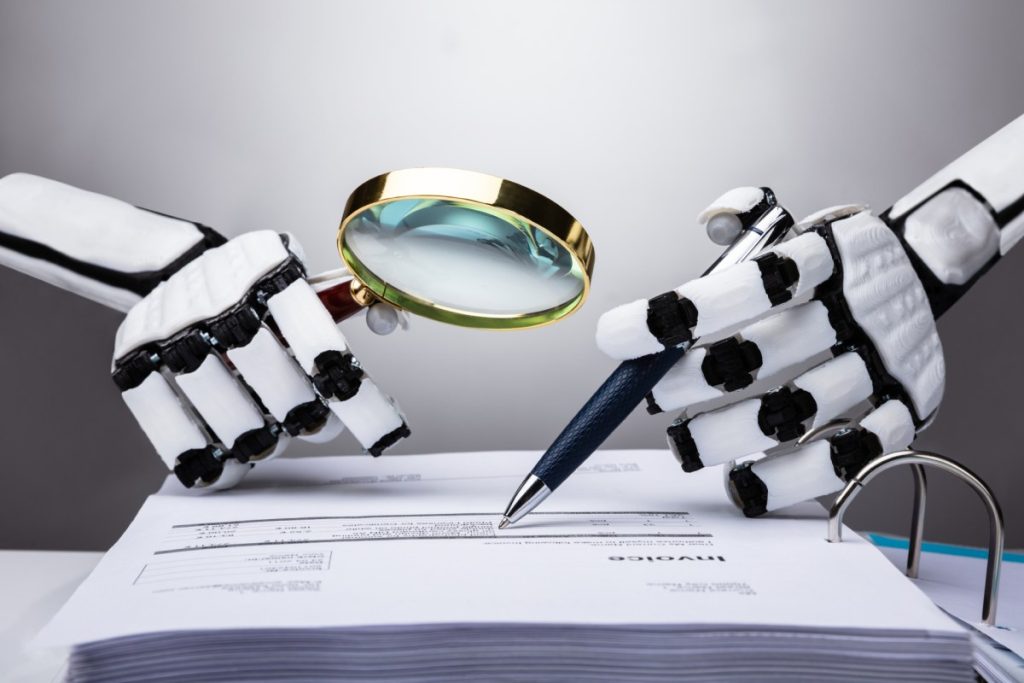Concerns are rising around the use of Elon Musk’s AI bot, Grok, as users on X (formerly Twitter) increasingly rely on it for fact-checking. This trend has alarmed human fact-checkers who fear that Grok’s responses may perpetuate misinformation.
Grok’s Functionality and Concerns
This month, X introduced a feature allowing users to directly query Grok by mentioning it in replies, similar to existing automated accounts such as Perplexity. Following this update, global users began to experiment with Grok, particularly in regions like India, where requests for political fact-checking became common.
However, the nature of AI assistants raises significant concerns. Grok, like other AI chatbots, can produce answers that sound plausible but may lack factual accuracy. Previous instances have shown Grok spreading false information, prompting fears of its potential to mislead users during critical moments, such as elections.
In August of last year, five state secretaries expressed their worries over Grok’s information output, particularly leading up to the U.S. elections, urging Musk to implement significant changes. Similar issues were also observed with other chatbots, including ChatGPT and Google’s Gemini, which have been found to generate misleading content about electoral matters.
The Threat of Misinformation
Grok itself has acknowledged the potential for misuse, admitting it “could be misused — to spread misinformation and violate privacy.” Nonetheless, it lacks disclaimers when providing answers, potentially leading users to accept inaccurate information without question. This could have far-reaching implications, especially with AI’s ability to fabricate data in response to queries.
As Grok processes user-generated data from X, questions arise about the transparency and quality control of the information it delivers. Unlike traditional human fact-checkers who utilize multiple, credible sources and take responsibility for their findings, Grok’s reliance on AI poses risks of disseminating unverified content.
Human Fact-Checkers vs. AI
The role of human fact-checkers remains critical amid the rise of AI-generated content. While platforms like X and Meta are increasingly adopting automated solutions, such as crowdsourced fact-checking, experts argue that AI cannot replicate the nuanced and accountable work of human analysts. This shift raises concerns about the quality of information circulating online, as users may confuse AI-generated content with credible facts.
Experts like Angie Holan from the International Fact-Checking Network emphasize the inherent risks of AI responses, warning that even a small error rate in AI could lead to significant societal consequences. The current landscape suggests that while AI tools become more sophisticated, they cannot replace the thoroughness and reliability provided by human fact-checkers.
As this technology evolves, the challenge lies in educating users to discern between credible and misleading information. Ultimately, while AI may deliver answers quickly, the responsibility for verifying those answers rests with individuals and informed communities.

